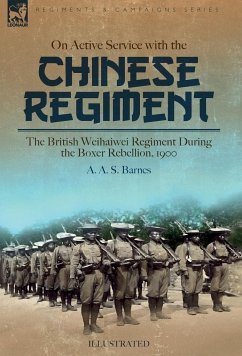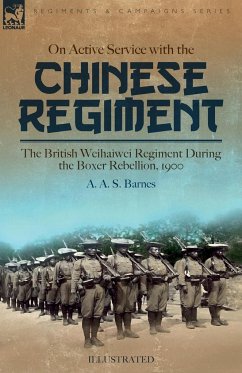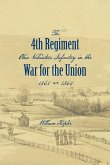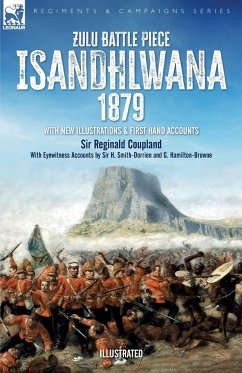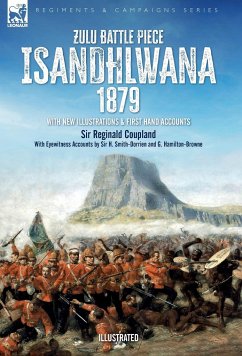A riveting account of a British Chinese regiment in action The Weihaiwei Regiment, or as it was also known, The 1st Chinese Regiment, was a British Army regiment formed in British Weihaiwei in 1898 from the men of Shantung Province. It was led by British officers and colour sergeants. Major Hamilton Bower of the Indian Staff Corps was given the local rank of lieutenant- colonel and appointed commandant of the new regiment. By 1900 the regiment consisted of 420 men organised into seven companies and was highly regarded for its drill, military appearance and marksmanship. The regiment saw active service during the Boxer Rebellion. In its first action in March 1900,men of the regiment led by Lt Col. Bower put down a failed uprising in Chengfoo. Two hundred men of the regiment in four companies were nominated to serve in the Boxer Rebellion, arriving in Tientsen in late June 1900.Fighting alongside United States Marines, two British captains and 21 Chinese NCOs and other ranks were killed during this campaign whilst two majors, one colour sergeant and 15 Chinese NCOs and other ranks were wounded. The regiment took an active part in the relief of Peking and smaller expeditions including Tu Liu and Peitsang. This book was written shortly after the events described within it by a British captain of the regiment who witnessed many of the events at first hand and, of course, had ready access to other members of the regiment who were able to recount their own experiences to him.

